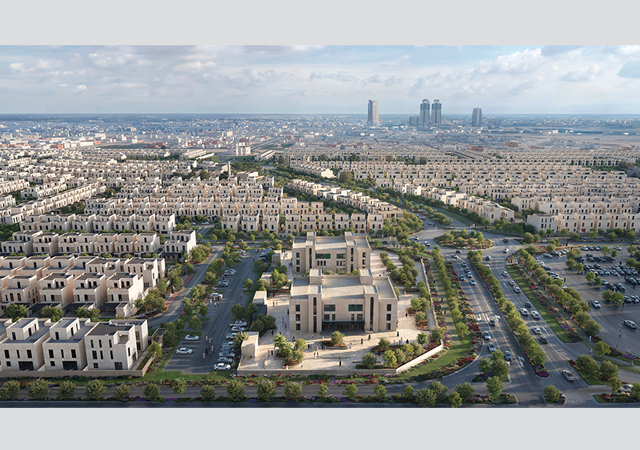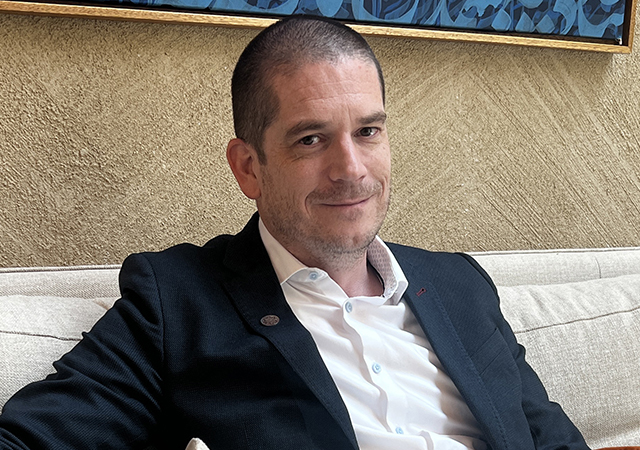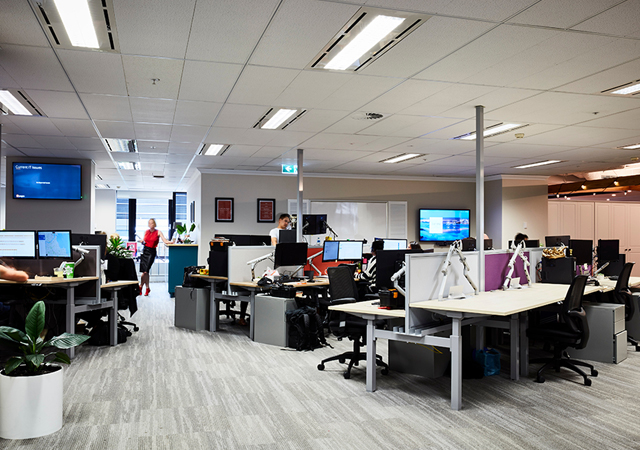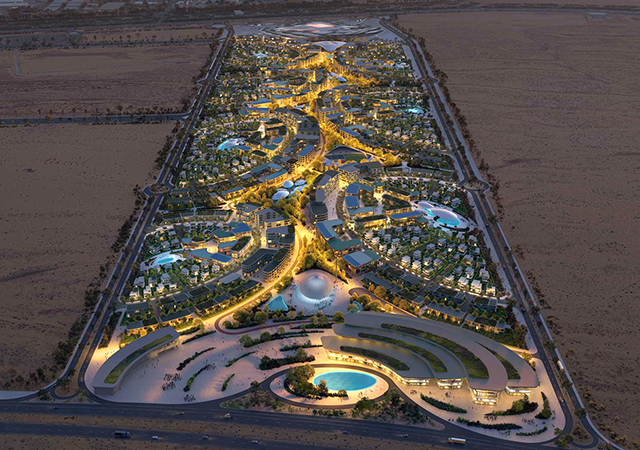
 McBratney: “We’re on the crest of a wave in the kingdom”.
McBratney: “We’re on the crest of a wave in the kingdom”.
Saudi Arabia’s ambitious urban transformation hinges on delivering robust infrastructure, said Robbie McBratney, Executive Director of Design Management and Engineering at ROSHN, a leading national multi-asset class real estate developer backed by Saudi Arabia’s sovereign wealth fund PIF.
“Infrastructure is not the flashiest part of a project, but it’s the engine that makes everything else work,” McBratney told Bill Grieve in a recent interview. “Transport, water, power – they are integral to activating projects, to actually making projects come to life.”
With over 15 years’ experience in the Middle East and a background as a water engineer, McBratney leads ROSHN’s efforts to transform urban design visions into buildable, engineered realities. His team oversees everything from digital design to civil infrastructure – including substations, road and water networks and sewage treatment plants across ROSHN’s masterplanned communities.
McBratney noted Roshn’s unique mandate to build and transfer infrastructure assets to authorities, contrasting it with other developers in Saudi Arabia such as Red Sea Global or Qiddiya, which operate as standalone projects.
“We’re different because we build and hand over,” McBratney explained. “This means a close and continuous relationship with regulatory authorities is essential.”
According to McBratney, ROSHN has focused on early engagement and collaborates closely with local authorities including those in Riyadh, Jeddah, and Makkah to streamline approval processes and align infrastructure strategies.
This collaborative approach, he believes, has contributed to smoother project execution.
Looking ahead, McBratney sees a shift in how infrastructure projects will be delivered across the kingdom. While engineering fundamentals remain unchanged – “a pumping station is still a pumping station,” he said – funding models are evolving.
He predicted a shift towards an increase in PPP funding models for major infrastructure projects. McBratney expresses optimism about ROSHN’s role in transforming the kingdom.
“I think we’ll see a rise in public-private partnerships (PPP) and co-funding models,” he said, noting that these mechanisms are well-established in Western countries and increasingly viable in Saudi Arabia. “Major infrastructure assets like intercity roads or sewage plants may soon be delivered through PPPs.”
Despite traffic challenges in areas such as Riyadh, McBratney is optimistic about the role of integrated transport strategies and the growing maturity of Saudi regulatory authorities.
On a personal note, McBratney, who joined ROSHN six years ago, believes the company’s mission sets it apart.
“We’re on the crest of a wave in the kingdom. There’s nowhere else in the world where you get an opportunity like this to help reshape a country,” he said. “ROSHN is at the forefront of delivering a new generation of communities.”






.jpg)









.jpg)




































.jpg)


